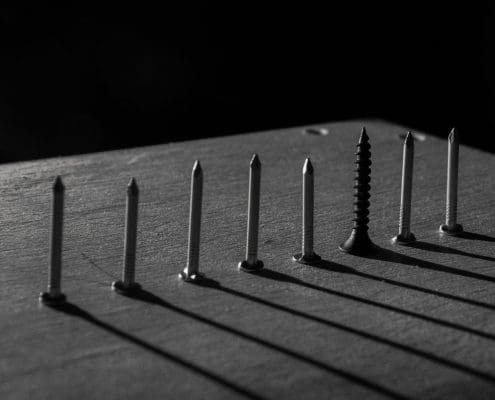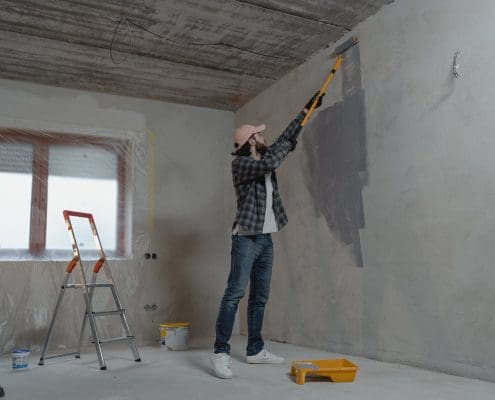
How to Choose the Right Screws and Nails for Your DIY Project
/
0 Comments
Choosing the right fasteners—screws and nails, in this case—is…

DIY vs. Hiring a Handyman: When to Make the Call
The DIY movement has empowered countless homeowners to tackle…
